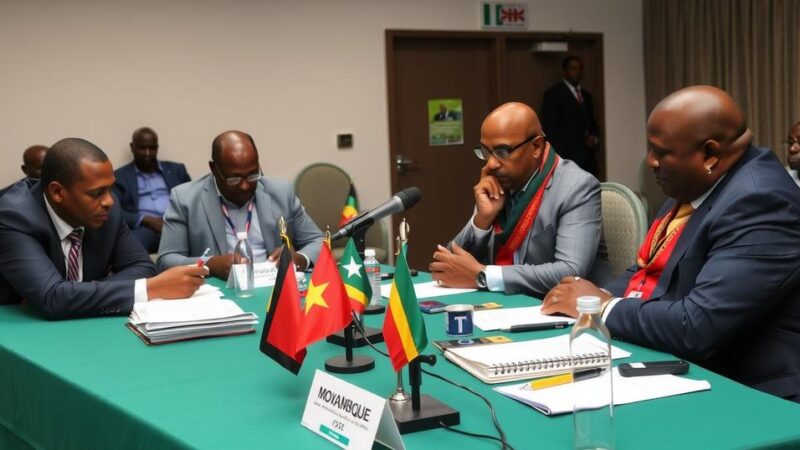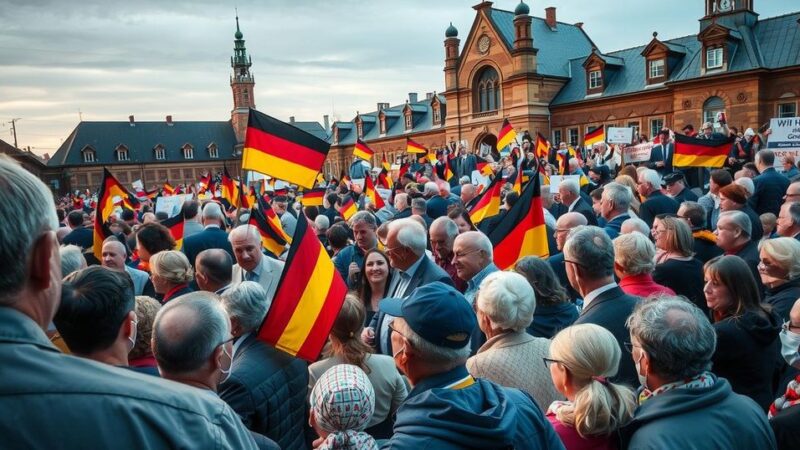The Netherlands grapples with its colonial history, particularly regarding the brutal colonization of Indonesia. The glorification of historical figures associated with these atrocities, such as Jan Pieterszoon Coen and J.B. van Heutsz, raises important questions about national identity and accountability. While there have been some apologies, many citizens maintain a narrative of pride in colonialism, complicating efforts to reconcile with this past. In contrast, Belgium’s responses to its colonial legacy highlight a differing approach to historical memory that the Netherlands could learn from.
The Netherlands faces a complicated reckoning with its colonial past, particularly concerning its actions in Indonesia. Although various anti-racist movements across the globe have successfully initiated the removal of statues commemorating figures associated with colonial oppression, the situation in the Netherlands is notably distinct. Here, many political figures appear resistant to fully confronting the country’s historical role as a colonial power. The Dutch East India Company (VOC) established a presence in Indonesia in the 1600s, and after its dissolution in 1796, the Dutch government continued to govern the region, marketing their endeavors as a ‘civilizing mission.’ However, in reality, this led to immense suffering and widespread atrocities against the Indonesian populace, including mass killings, torture, and exploitation. Statues of historical figures, such as Jan Pieterszoon Coen, have become focal points for protest. Coen is notoriously remembered for the brutal conquest of the Banda Islands in 1621, where his actions resulted in the near extermination of its inhabitants. Despite calls for the removal of his statue in Hoorn, many still regard him as a national hero. This glorification reflects a broader tendency among many in the Netherlands to view colonialism as a source of national pride rather than shame. Additionally, monuments commemorating former Governor-General J.B. van Heutsz have also faced criticism. Van Heutsz is remembered for the violent repression of Indonesian independence, with estimates of casualties during his governorship reaching significant numbers. The resistance to renaming or removing these monuments highlights a persistent discomfort with acknowledging and taking responsibility for the violent aspects of Dutch history. The prevailing sentiment among many Dutch citizens is a reluctance to embrace the narrative of victimhood over that of perpetrator. Surveys indicate that a considerable majority view the colonial era favorably, and many politicians reinforce this perspective. Prime Minister Mark Rutte has suggested that historical figures should be viewed within the context of their time, thereby downplaying the impact of their actions. This reluctance to fully confront or apologize for historical wrongs presents a significant barrier to genuine acknowledgment of the Netherlands’ colonial past. In contrast, movements in Belgium, where citizens are more inclined to recognize the shame associated with their colonial history, have seen more successful efforts in toppling statues and confronting their past. The pedagogical focus in the Netherlands also skews heavily towards the narrative surrounding World War II, neglecting the long history of colonialism in Indonesia. While there have been some apologies from the Dutch monarchy and government regarding actions taken during the Indonesian war of independence, a comprehensive acknowledgment of colonial violence remains elusive, especially concerning pre-1945 events. As protests continue, the future of colonial statues in the Netherlands appears uncertain, likely reflecting a societal unwillingness to collectively acknowledge and confront the darker aspects of Dutch history.
This article discusses the ongoing struggle in the Netherlands to confront its colonial past, specifically regarding the atrocities committed during its colonial rule in Indonesia. It highlights the resistance to acknowledge this history within the political and social landscapes of the Netherlands, contrasting it with movements in Belgium that have seen more decisive actions against monuments of colonial figures. By examining the glorification of figures like Jan Pieterszoon Coen and J.B. van Heutsz, the discourse reveals a societal preference for a narrative of victimhood rather than accountability, despite recent attempts at acknowledgment through apologies. This context provides insight into the broader themes of historical memory, national identity, and the challenges of addressing colonial legacies in contemporary discussions of race and history.
In conclusion, the Netherlands exhibits a pronounced discomfort with acknowledging its colonial past, particularly in the context of Indonesia. Despite calls for accountability and recognition of historical injustices, many in the Dutch political sphere and populace continue to uphold a narrative of national pride in colonialism, complicating efforts to address this history. The reluctance to remove monuments dedicated to colonial figures further illustrates a broader societal aversion to confronting the realities of past atrocities. This situation stands in stark contrast to the more proactive responses observed in countries like Belgium, indicating a critical juncture for the Netherlands as it navigates the complexities of its national identity and historical legacy.
Original Source: foreignpolicy.com







